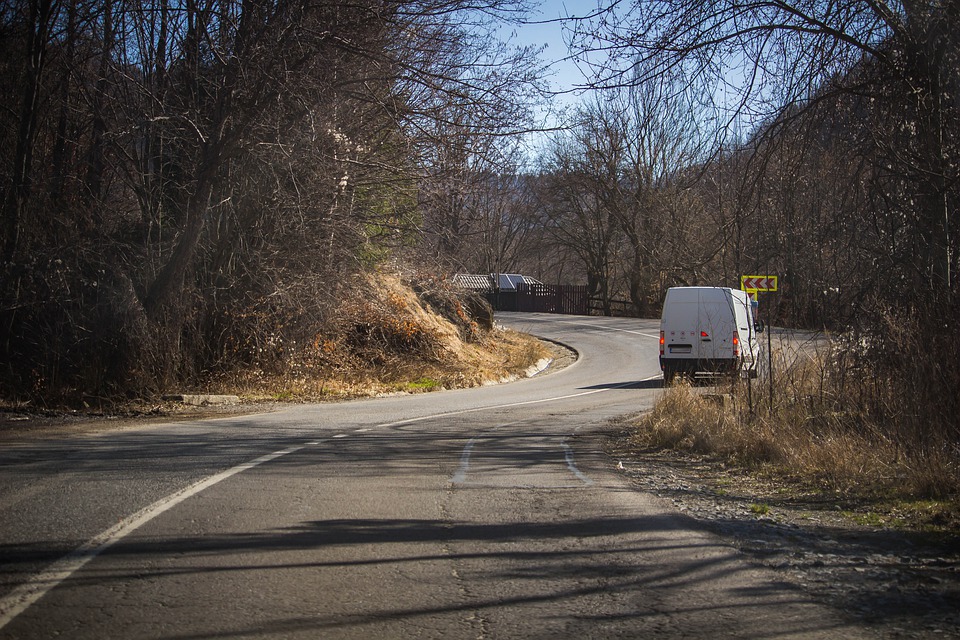Interview: Energy Transition in Romania in Times of Covid19
Reframing the political debate in Central Eastern Europe (CEE) is the aim of an EUKI project with the Bankwatch Network. We spoke with the Alexandru Mustață, national project coordinator for Romania, about the consequences of the corona pandemic, silver linings and the opportunity to create new green jobs.

Which implications does the current crisis have for the work in your EUKI project?
We need to adapt, but our objectives are still achievable. The goal of our EUKI project is to accelerate the transformation of energy systems in Central and Eastern Europe and to ensure a just transition. Much of the work is therefore related to processes taking place in Brussels, but equally to efforts on the grassroots, in coal regions, so we are finding different tools to be active in both contexts. We agree that the immediate priority is to address the effects of the pandemic, but there is a false dichotomy being circulated between these measures and those to address the climate crisis. On the contrary, the billions behind the Green Deal can be used to make both the people and the planet healthy again.

There is a false dichotomy being circulated between these measures and those to address the climate crisis.
Alexandru Mustață, CEE Bankwatch Network
How does the cooperation with your partners work in these days? Are digital meetings a threat to cooperation in climate action or an opportunity for low-emission cooperation?
This is one of the few silver linings of the pandemic. We are pushing full steam ahead to achieve our project goals, and it feels like we are more in contact with each other than before. I hope that moving meetings online is a practice which will continue in the future. As most meetings take place in Western Europe, for me and my colleagues in Bulgaria, Greece or the Western Balkans, this almost exclusively means flying. Night trains are becoming a rarity, and the distances are simply too big – travel times are often longer than 24 hours.
We spoke with Alexandru Mustață of Bankwatch about the Green Deal, Just Transition, Covid19 and why he is in favour of…
You work in the field of Just Transition. Considering the expected economic downturn, will this topic become even more important in future debates about climate action?
As the economy slowed down, with many businesses closing – at least temporarily – there is a lot of talk about putting public and private funds to work in order to maintain the status quo. Much of the global conversation on just transition has been about spending money, too, so there is a common starting point. So perhaps this is an opportunity, at least in some countries, to instead invest in creating new, green jobs, instead of artificially keeping alive polluting sectors and outdated business models.
Perhaps this is an opportunity to invest in creating new, green jobs, instead of artificially keeping alive polluting sectors and outdated business models.
Alexandru Mustață, CEE Bankwatch Network
Which consequences do you expect for climate action in Romania in general?
Unfortunately, the climate emergency does not figure high on the public agenda in Romania, despite the fact that the country had the 7th biggest losses in the EU caused by weather and climate-related extremes over the past 30 years. I’m afraid that the need to restart the economy will be used as an excuse to further push back against climate commitments.
